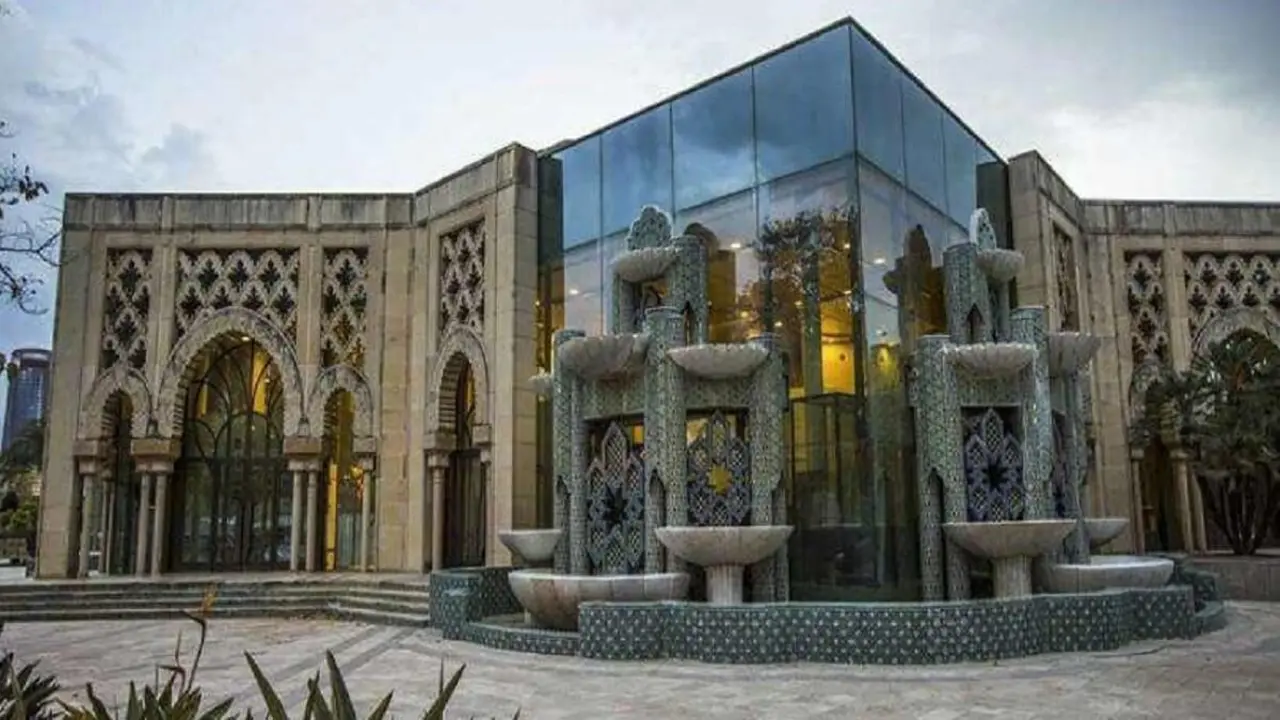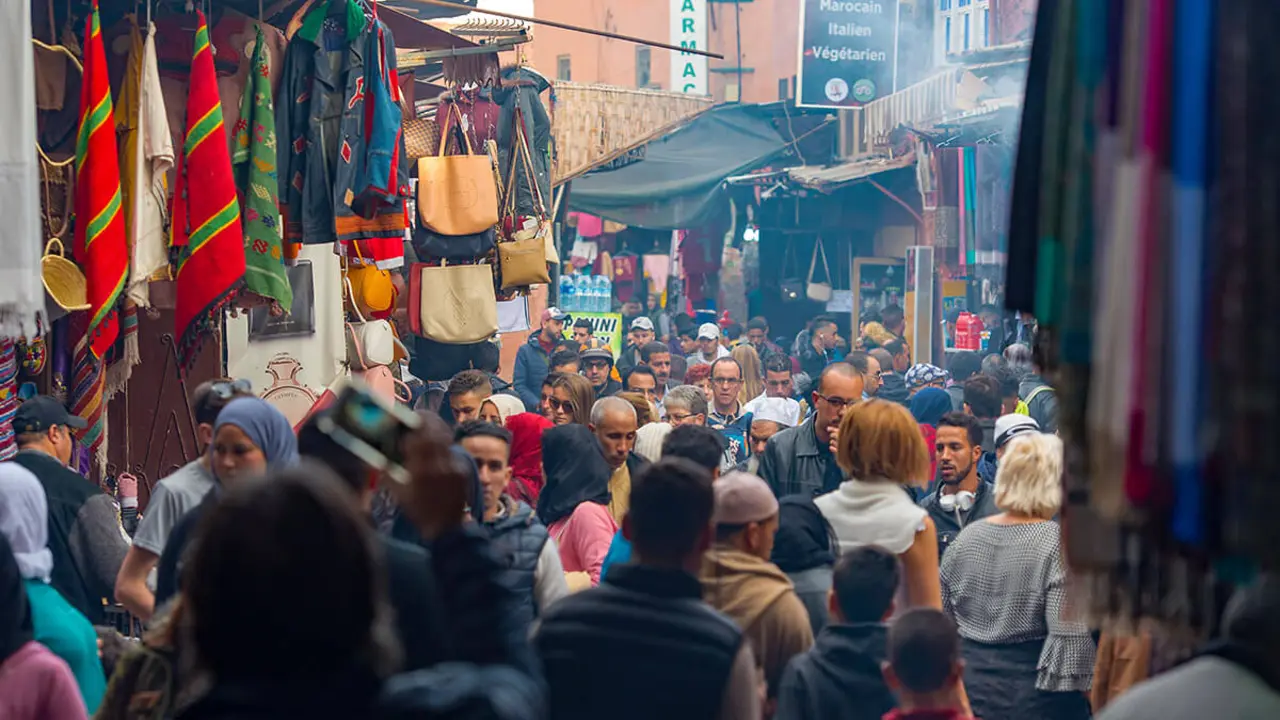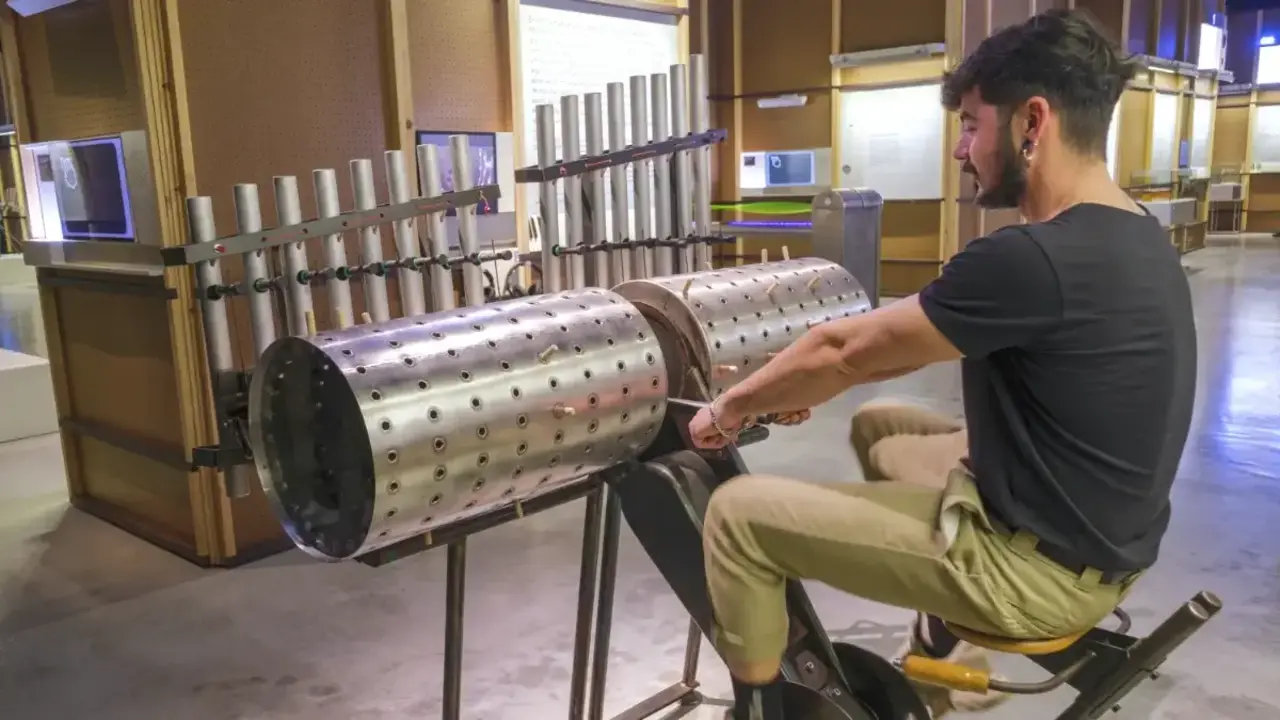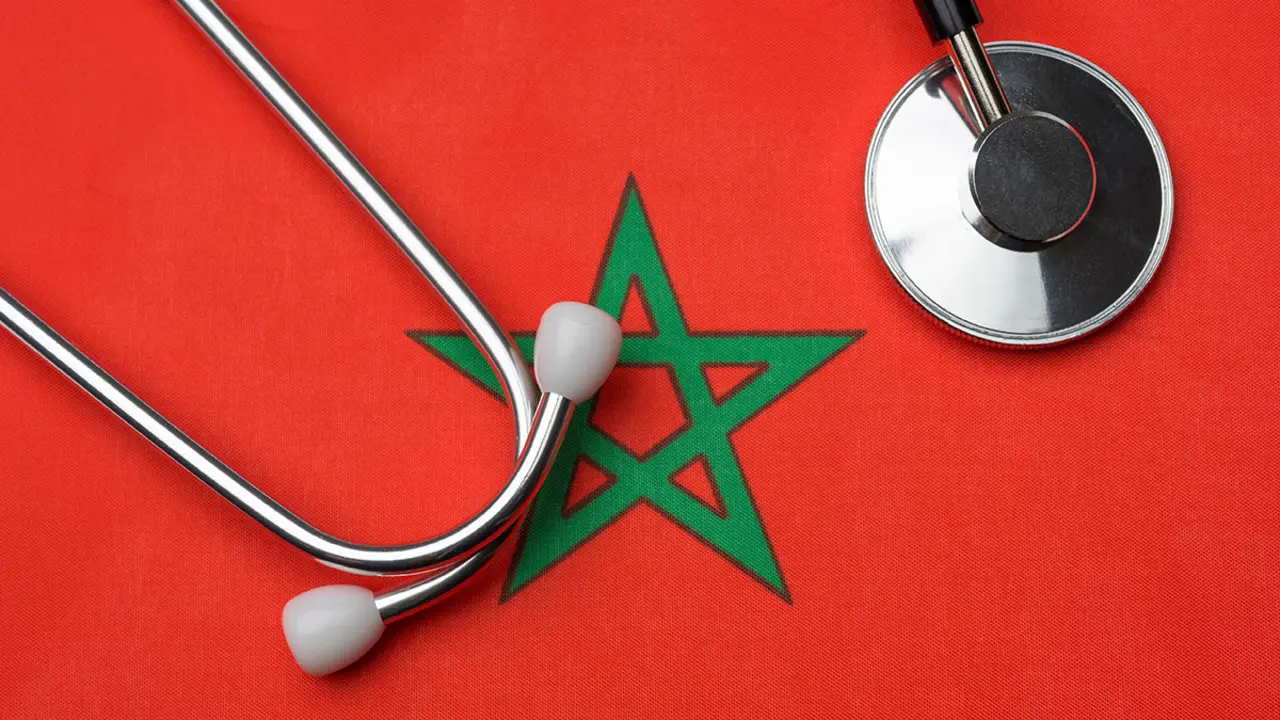Families still struggling to survive in Lebanon one year after Beirut blasts
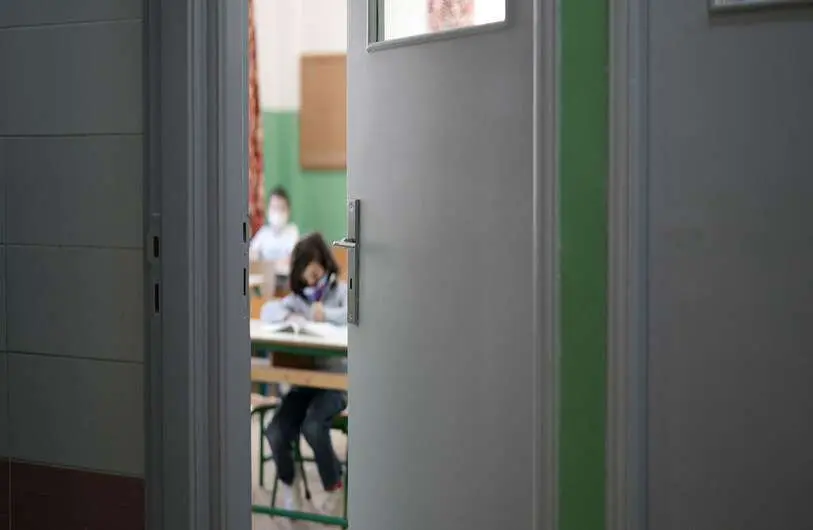
On the occasion of the one-year anniversary of the explosions that destroyed Beirut's port and other parts of the city, several UN agencies spoke out Tuesday about the precarious situation facing many families in the country.
A UNICEF study shows, for example, that the needs of affected children and families remain acute.
The UN Children's Fund notes that, following the series of explosions in the port, seven out of ten households requested basic assistance and that almost all of these families continue to need help. Most of the requests were for cash and food assistance, a trend that continues.
One third of families with children under 18 said that at least one child continued to show signs of psychological distress in their household. For adults, it is almost half.
The explosions destroyed large swathes of Beirut. More than 200 people were killed, six of whom were children, while more than 6,500 people, including 1,000 children, were injured.
They also flattened multiple businesses and left tens of thousands of people unemployed, who are now struggling to feed their families and provide needed medical care for their children.
The survey also found that nearly all families said their homes needed repairs after the blasts, which is still the case for half of them one year later.
Four out of 10 households said their water supply system was affected, and about a quarter said the situation remains the same today.
The UN agency's survey was conducted in July and was based on telephone interviews with 1187 households.
"One year after the tragic events, children's lives are still deeply affected. That's what their parents tell us," said UNICEF Representative in Lebanon Yukie Mokuo.
"These families have been struggling to recover from the aftermath of the explosions at the worst possible time, in the midst of a devastating economic crisis and a major pandemic," she added.
"Since the explosion, Lebanon has been struggling with a triple crisis: economic, political and the COVID-19 pandemic. This threatens to leave almost all of Lebanon's children vulnerable and in need," said Ted Chaiban, UNICEF's regional director for the Middle East and North Africa.
"If change, recovery and accountability do not happen now, they may not happen at all, taking the country further into the abyss and to a place of no return," he added.
On the occasion of the anniversary, UNICEF is calling for action, starting with making children in Lebanon a top priority and ensuring that their basic rights are respected.
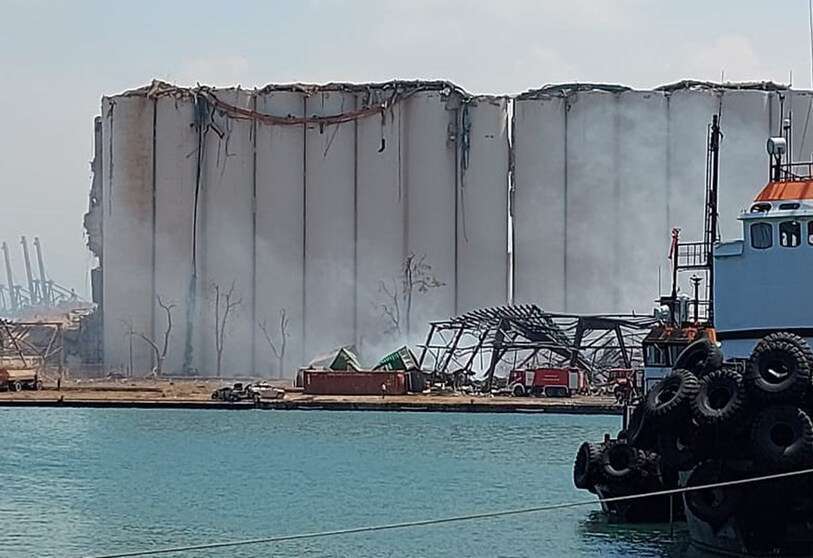
It also urges Lebanese leaders to overcome their political differences and unite to form a government focused on putting the country on the road to recovery. And it further encourages the authorities to provide justice for the families affected by the blast and hold those responsible accountable.
"Maintaining the provision of public services in the short and long term is key to child survival and development. This includes the provision of water, education and health care for all, directly benefiting children and communities at large," UNICEF said in a press release.
However, this can only happen through good governance and public systems that are resilient to even the worst shocks and crises, the agency added.
"If those systems were in place, we would not have been where we are with the water crisis, for example, where 75 per cent of households in the country are at risk of losing access to water. "
Lebanon must also build a sustainable national social assistance system, including the provision of cash assistance to families in need, similar to a UNICEF-supported programme known as "Haddi" that is currently in place.
Finally, the UN agency called for a transparent and credible investigation to determine the cause of the explosion, ensure accountability for those responsible and provide justice for affected families, including those who lost loved ones in the tragedy.
The UN High Commissioner for Human Rights also called for accountability for the deepening crisis in Lebanon since the explosions.
Michelle Bachelet stressed the urgent need for the government to ensure a transparent, effective, thorough and impartial investigation into the incident, her spokesperson, Marta Hurtado, told reporters in Geneva on Tuesday.
"Initially there was a powerful spirit of national solidarity as all elements of society united in response and the government initiated judicial proceedings. But twelve months later, the victims and their loved ones are still fighting for justice and truth. Investigations appear to have stalled, amid a worrying lack of transparency and accountability," he said.
Hurtado added that the High Commissioner also urged the authorities to uphold the right of victims to an effective remedy and reparation.
"One victim, who lost her husband, brother and cousin in the explosion, said she would continue to seek the truth until her last breath. The authorities must pursue the investigations with the same vigour," she added.
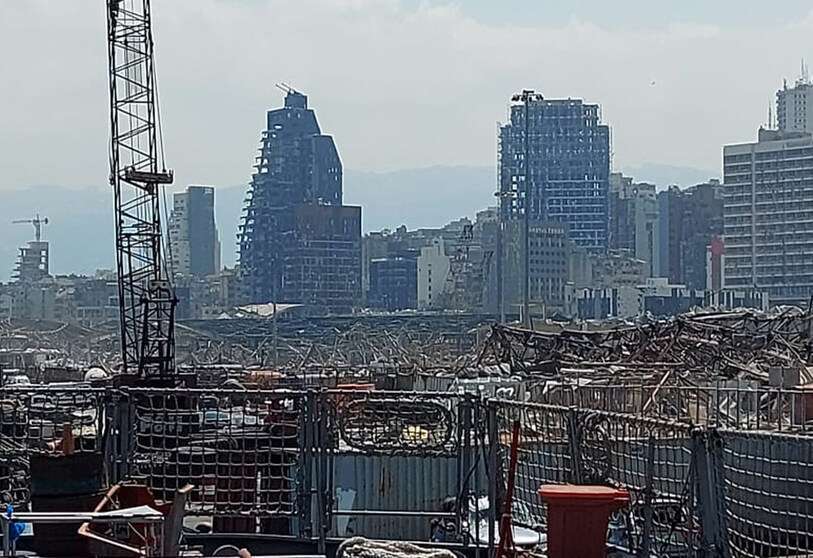
Meanwhile, a senior official from the United Nations Educational, Scientific and Cultural Organisation (UNESCO) is in Beirut this week to mark the solemn anniversary.
Stefania Giannini, UNESCO's Assistant Director-General for Education, begins a three-day visit on Tuesday to strengthen ongoing efforts to support the recovery of the education system.
The explosions affected at least 85,000 students and damaged some 226 schools, 20 training centres and 32 university campuses.
Giannini will visit and inaugurate educational facilities that UNESCO helped rebuild. These include facilities at the Lebanese University.
The Lebanese Ministry of Education commissioned UNESCO to take the lead in coordinating all rehabilitation efforts on the ground. The UN agency is also rehabilitating at least 115 schools, 20 technical and vocational education and training centres, and three higher education institutions. Work has already been completed in 85 schools.
The World Food Programme (WFP) warned that many families in Lebanon are finding it harder than ever to cope with the catastrophe.
"In the year since the Beirut port explosions, the currency has plummeted to one-fifteenth of its previous value and inflation has put food out of reach for much of the population," said the UN agency's spokesman, Tomson Phiri.
"In June, the programme helped nearly 400,000 vulnerable Lebanese, some 987,000 Syrian refugees and some 21,000 refugees of other nationalities" to have food, he added.


